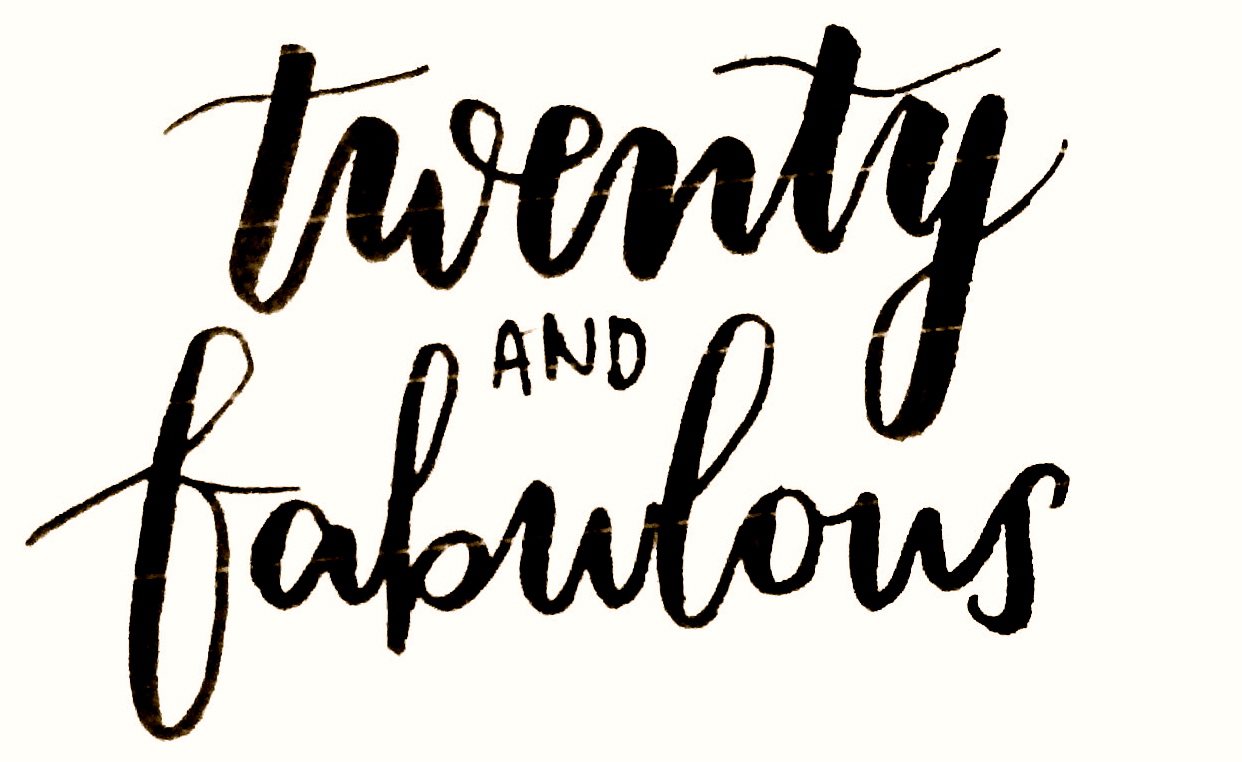… an extra qualification.

It is difficult to work, but it’s even harder to work and study at the same time.
Some of you may wonder why I stopped blogging so regularly. Yes, there were the usual episodes of laziness and a lack of inspiration, however I did have a legitimate reason – I was studying for my CIMA qualification. And it took forever for me to take my first exam because it was just so hard. Don’t get me wrong – it’s not that the content was particularly challenging (though it wasn’t that easy either), it was hard because I had to work at the same time.
I should have made better use of my free time in University by doing the qualification instead. In fact, I had an acquaintance who did the CIMA foundation and level 1 during university, because he needed a diploma or a degree certificate in order to take his CFA. He then went on to finish his CFA before we even started working. We all thought he was crazy and intense. On hindsight, given how slack it sometimes was in year 1 and 2 of University, I regret not doing the same. At present, he has an awesome job, which most people can’t have given our limited level of experience and lack of qualification. His LinkedIn profile is always ranked one of the most viewed. Of course, there are also some of us who have landed great jobs and would never need those qualifications.
But sometimes I wonder if I did the same, would I be as successful as him? That’s a rhetorical question – probably not even close but I would think I would be better positioned during the job hunting season. I guess I just have to settle with the fact that I now have to work and study at the same time.
Having been through a little of what it’s like, I thought to give those of you who are thinking of doing a qualifications some tips on what to look out.
1. Find something relevant to what you do or what you might be interested to do
This might seem straightforward, but sometimes people take qualifications for the sake of taking them or because people around them are doing so. Personally, I was dissuaded from taking CIMA by some people. They advised me that I should have taken CFA instead because it was more recognised. However, the definition of “more recognised” depends on what industry you work in. If I were in banking – yes absolutely, but I found that CIMA was more relevant to my work.
Pursuing a qualification is also a great move to switch out of a job / industry. A good example is how some people have decided to take do Masters with the hope that that’ll open another window of opportunity to them. That works too, but there’s always a level of uncertainty with that, which leads to me to my next point.
2. Speak to as many people as possible
If you’re really serious about taking a qualification, speak to a good mix of people, specifically:
- those who are senior and qualified to understand how the qualification has or hasn’t benefitted them
- those who are in the industry / job that you hope your qualification will open doors to, in order to understand whether the qualification is actually relevant and necessary for their job
- those who are taking the qualification to learn about their experience and assess if you can really take the extra challenge and stress. They may also give you a tip or two about financing options
3. Start small – if you can, take one exam and see whether you find it relevant
It doesn’t have to be like a 12 month gym membership, you can actually take 1 exam first, then schedule the other exams after that. Don’t overcommit and buy all the books at one, only to find that you hate it and find it extremely boring. You could even buy the book first and see whether you find the exam worth taking. There’s definitely a high cost to pursuing qualifications. Sometimes you might have to self fund your studies, so you need to be wise about how you spend your money. Even if your company sponsors you, you need to make sure that failing the exam will not affect your promotion and bonus opportunities, or even worst whether you keep your job.
And this reminds me – I really need to cancel my monthly gym membership.
4. Once you commit, you will experience pain and constant FOMO, but don’t give up.
FOMO ˈfəʊməʊ/
-
anxiety that an exciting or interesting event may currently be happening elsewhere, often aroused by posts seen on a social media website.“I realized I was a lifelong sufferer of FOMO”
early 21st century: abbreviation of fear of missing out.

Know that you will definitely lose some weekends and weekday nights. It’s very common in the UK that people will ask you “how was your weekend”. My response for my Easter holiday weekend was particularly depressing because I was studying throughout. When asked this question, we figured that it is usually polite to ask the person back. Cue a slight cringe inside when they tell me about their fabulous weekend, riding horses and chasing unicorns. I guess at least they didn’t mock me for having a lack of life.
Or maybe you could rethink FOMO, when everyone has qualification and you have none. #FOMO
Concluding Thoughts
As one of my friends pointed out to me, those who are the most successful are often those who are always working and studying at the same time. They are constantly improving their personal and professional self. It doesn’t have to be by pursuing professional qualification – there’s only so many you can do that is relevant but self-improvement is always great.
At least you won’t feel that your “study” brain is degenerating. Looking back, i can confidently say that my math has definitely improved. The qualification has also helped me understand a lot more things in work. There was an initial inertia to study after work, but it really helps once I get into a rhythm of work-study-life. I still feel that I miss out sometimes, especially on sunny weekends and I’m stuck indoors. But even if I’m not studying, the truth is that I would probably be stuck indoors watching drama anyway.

On the bright side, for the rest of us who are single and have few commitments, we just need to worry about working and studying. I have no idea how those who are married with kids, work and study survive.
Hope you enjoyed the post! I would also like to hear your thoughts so please leave a comment. You’ll never know who else is reading your comments and might benefit from them!
If you would like to stay tune to the next post, please click the “Follow” button on the bottom right of the page and just provide your email. You don’t need to have a registered wordpress account.
You can also connect by following my instagram @twentyandfabulous and liking my facebook page https://www.facebook.com/twentyandfabulous/
Stay fabulous & ambitious everyone!
Athena

Yet another thought-provoking article. One trait of successful people is delayed gratification; the ability to sacrifice now for greater rewards in the future, and studying whilst working is one of them.
However, it’s important to make tactical use of (ever diminishing) free time. I know a lot of people who are studying for qualifications in the “hope” it will give them a better job, but they actually have no clue about how it will help, or if there are other things that could be more effective (networking, running related events, establishing a “brand” in said industry) than simply gaining a qualification; particularly if there are many others who are doing the exact same thing!
I know people who have sacrificed a lot of time and money doing qualifications only to end up exactly where they left off, simply because they viewed study as a “magic key” to success. This usually happens because “success” is not defined clearly enough for them, and having gone through school and university as high-achievers, it’s the only path they know.
As always, know what you want before committing. I daresay that’s why you didn’t’ study for the CFA during university; your friend probably knew exactly where he wanted to be. There’s no shame either way, everyone takes their own time to figure out what they want out of life.
LikeLiked by 1 person
Hi Anonymous,
I definitely agree with what you’ve said. There’s definitely the element of peer pressure when my friend knows exactly where he wants to be, whereas I’m completely clueless. This happened in University and it still happens even when I’m in the work place. You’re right to point out that it is ok for us to take time to figure out what we want, but how much time can we afford to before we lose out to others? Today’s society is overloaded with information – if you take too long to find out, you will lose out. However, I’m not surprised that this may just be one of those unrealistic expectations that I as a millennial hold.
LikeLike
I know it can often feel like everyone’s running the race at different paces, and sometimes it can be frustrating when your careful pacing gets you over taken by your sprinter friends. But don’t let that cloud your judgement, I have seen many a career take off spectacularly after what feels like a “dormant” period. The most important thing is to have a plan and discipline to stick through with your plan, despite the FOMO!
LikeLike
yes, #noFOMO !
LikeLike